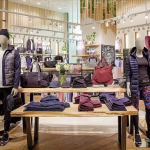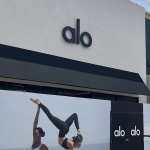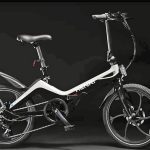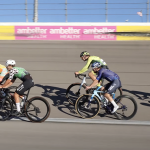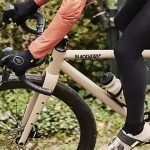Deckers Outdoor Corp. will accelerate the opening of company owned retail stores in international markets this year and blow some of its collections into full-blown categories in a quest to hit $1.1 billion in sales by 2012, CEO Angel Martinez told investors at the ICR XChange Conference last week.
The new revenue target represents a $100 million increase from a year ago and reflects greater than expected 2009 sales of Ugg Australia and Teva and reduced expectations for Simple, TSUBO and Ahnu. Sales expectations for 2012 by brand are now: Ugg, $900 million/ Teva $120 million; Simple, $35 million, TSUBO and Ahnu, $45 million.
DECK plans to have 100 U.S. shop-in-shops by 2010, up from 70 last year and 130 internationally, up from 80. Martinez foresees opening 10 owned stores a year for the foreseeable future, mostly overseas in a bid to push international sales to 30% of revenues.
DECK will also focus more on marketing directly to consumers in an effort to communicate the superior craftsmanship of UGG over knock-off brands. Messaging will also be aimed at persuading mothers and men that Ugg has products for them – a message that has been muted by specialty retailers’ reluctance to venture beyond a few iconic models.
In Ugg, DECK already has a lot of brand equity to work with, Martinez said. Ugg customers are highly likely to recommend the brand, which is already followed by 289,000 fans on Facebook. Ugg was more sought after in Web searches during the holidays than Nike, The North Face or Eddie Bauer, according to research cited by Martinez.
The marketing push comes amid continuing skepticism that DECK can maintain Ugg’s staggering growth rates. Sales of the brand grew from $24 million in 2002, when DECK acquired it, to $582 million in 2008. Sales through the third quarter ended Sept. 30 were up 20.5% despite the worst economy since WWII.
Martinez argued that DECK’s five outdoor brands are merely in early stages of adoption. Ugg, for instance, has barely moved beyond two of four customer groups -innovators, influencers, experimenters and followers. The company estimates the first two groups account for 59% of its sales.
“We still have not tapped into the folks who later on adopt a brand because of the innovators and the influencers' word-of-mouth and talking about the brand,” he said. “So that indicates a tremendous upside potential.”
Similarly, DECK sees Teva going beyond watersports enthusiasts to “gear junkies” before catching on with casual buyers. “We’ve had good successes this fall with the Riva $130 closed-toe shoe at REI, which was a best-selling shoe for them,” Martinez said. “So there is proof that the consumer will accept Teva as a closed-toe brand.”
TSUBO, meanwhile, will focus on hip, young consumers via very selective distribution through urban boutiques.
“Our target customer is that creative-class influencer,” said Martinez. “This is not something that you'd find in the broad-base department stores. This is not that kind of brand.”


